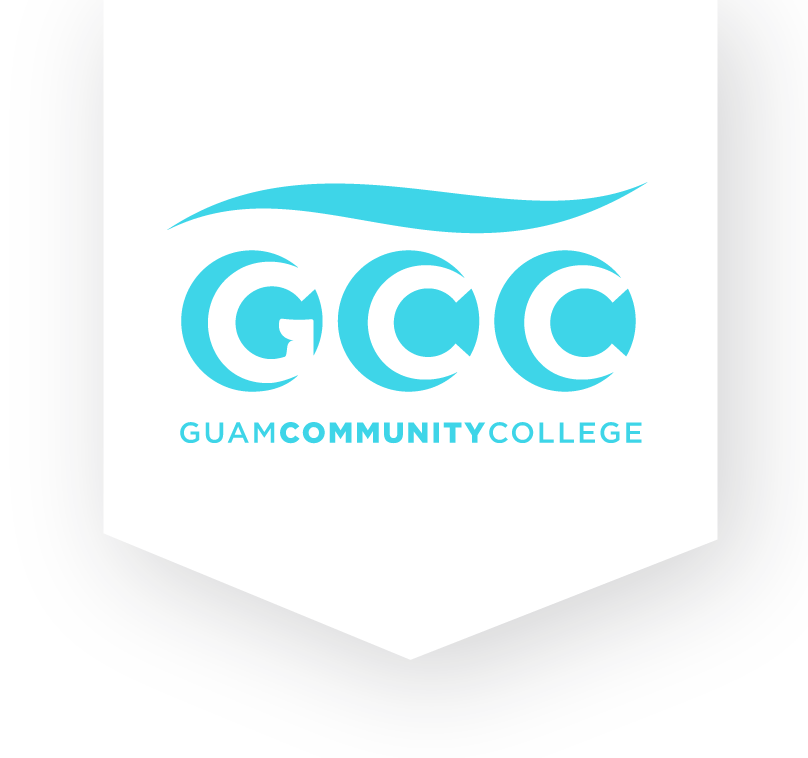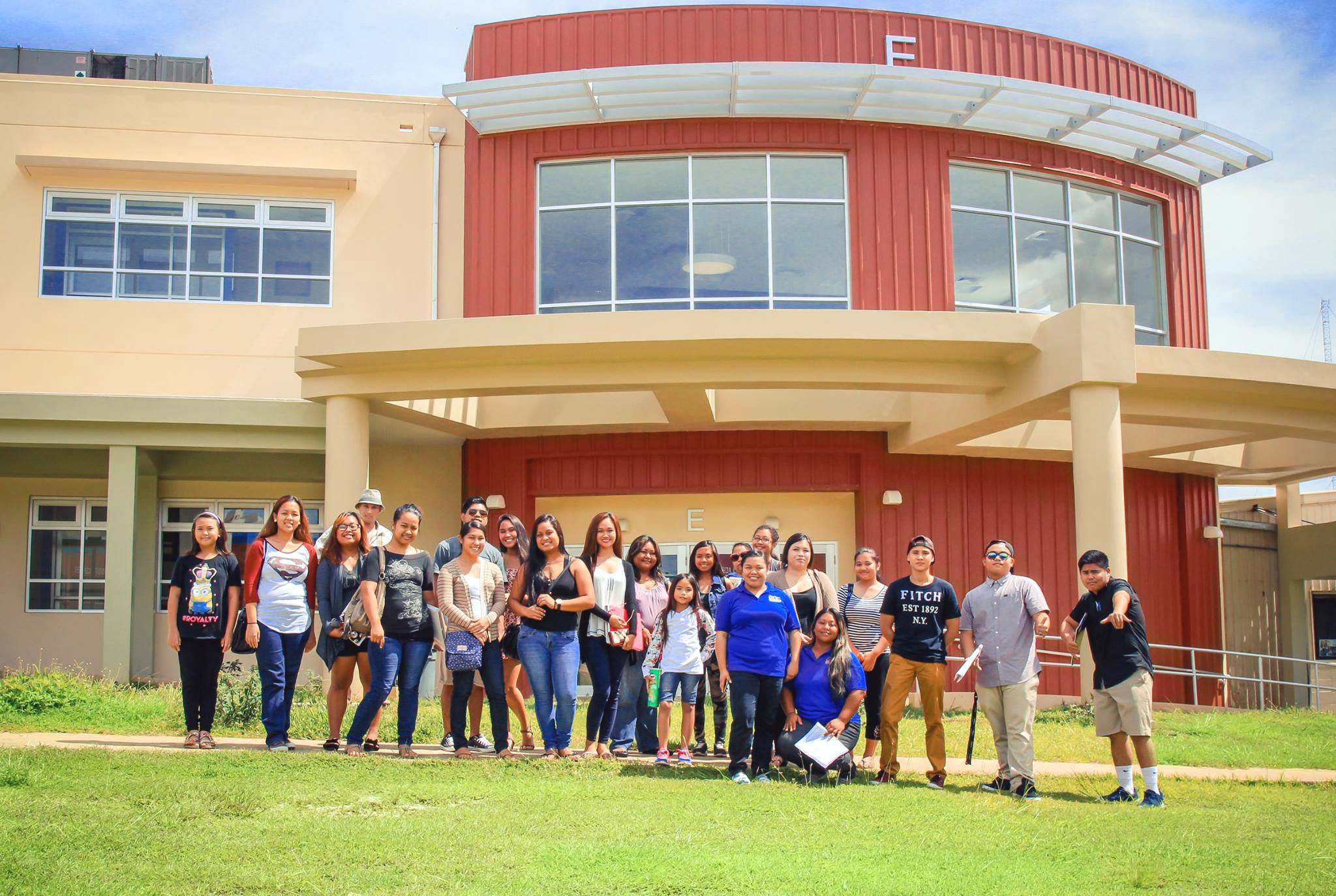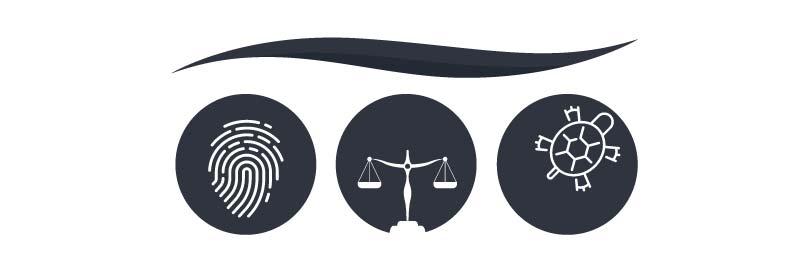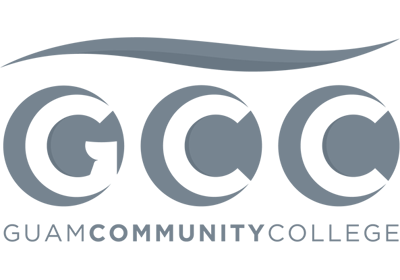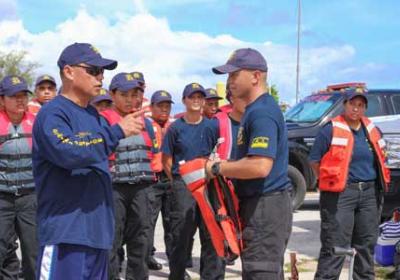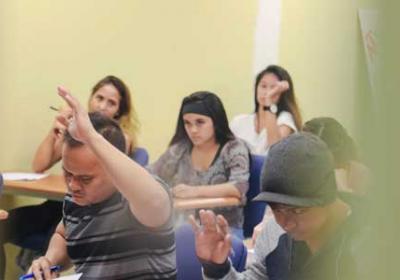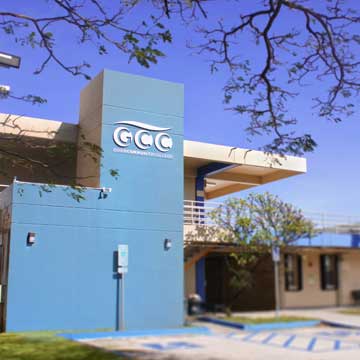Certificate in Criminal Justice - Marine & Terrestrial Conservation Enforcement
- You are on...
Main Page for Criminal Justice - Marine & Terrestrial Conservation Enforcement
Certificate in Criminal Justice - Marine & Terrestrial Conservation Enforcement
Total Credit Hours: 38
The Certificate in Basic Law Enforcement was initially developed when Guam Community College was created by Public Law 14-77 and the responsibility for police basic training was transferred from the University of Guam to Guam Community College. Presently, it continues to be the required curriculum for all territorial law enforcement academy cycles.
The first substantive revision was made in February 2011, which was made upon the Criminal Justice Advisory Committee request to realign the Certificate Program and the Criminal Justice Associate Degree Program. It also addressed new general education core requirements to commence fall Semester 2003. The second substantive revision created a new area of concentration in Marine & Terrestrial Conservation Enforcement. Students may now elect to graduate with a Certificate in Criminal Justice in either the Law Enforcement Track or Marine & Terrestrial Conservation Enforcement Track.
Course requirements may identify prerequisite that must be completed with a passing grade. Prerequisite course credits are not counted as credits earned towards the program unless they are certificate core course requirements.
| Marine & Terrestrial Conservation Enforcement Track | ||
| Major Requirements | ||
| Course | Course Name | Credits |
| CJ100 | Introduction to Criminal Justice | 3 |
| CJ102 | First Responder | 3 |
| CJ122/SI122 | Introduction to Forensic Science or Introduction to Forensic Science | 4 |
| CJ126 | Officer Survival | 3 |
| CJ126L | Officer Survival Laboratory | 1 |
| CJ132 | Emergency Vehicle Operator Course (EVOC) | 3 |
| CJ135 | Firearms Use/Safety/Care | 3 |
| CJ150 | Criminal Procedure | 3 |
| CJ200 | Criminal Law | 3 |
| CJ205 | Police Report Writing | 3 |
| CJ225 | Criminal Investigation | 3 |
| CJ292 | Criminal Justice Practicum | 3 |
| SI120 | Introduction to Island Ecology and Resource Management | 3 |
| Certificate Total | 38 | |
2024-2025 College Catalog
General Requirements for Certificates
Effective fall Semester 2003, several academic policy changes were implemented to ensure that students are adequately prepared to meet business and industry standards. All Undeclared or newly Declared Students enrolled in regularly scheduled postsecondary courses must be enrolled in or must have completed developmental coursework for Math and English or have successfully placed into post-secondary Math and English (or equivalent).
Students must fulfill the English general education requirement by the time they have enrolled in 12 credits of classes. This means that students may take only nine (9) credits before they must begin meeting the general education requirements. All declared students in Certificate programs will be required to successfully complete minimum general education course requirements. For more information, refer to the Admissions Information, General Education Policy section of this catalog.
A. General Education Requirements
Students must demonstrate proficiency in reading, writing, understanding and speaking English as indicated by one of the following:
- Test out of the English Placement Test (or equivalent), or
- Satisfactory completion of EN097 courses and
- Test out of the Math Placement Test (or equivalent), or
- Satisfactory completion of MA098 course
B. Major Requirements. Total Major Requirements vary by program. Minimum Total Credits Required for a Certificate is 30 credits.
* No course may be counted for both Major and General Education requirements.
** Placement testing is not mandatory for admission to the College. Completion of placement testing or equivalent, however, is required for enrollment into English and mathematics courses. Therefore, students who plan to enroll full-time in a program should take the placement test to be eligible for a full load of courses.
- Identify the legal procedures for gathering information about crimes, criminal procedure, and defendants’ rights.
- Describe the process of the criminal justice system and the duties and responsibilities of the criminal justice professional.
- Demonstrate the ability to understand the interrelations, ethics, and role expectations of the criminal justice professional in society.
